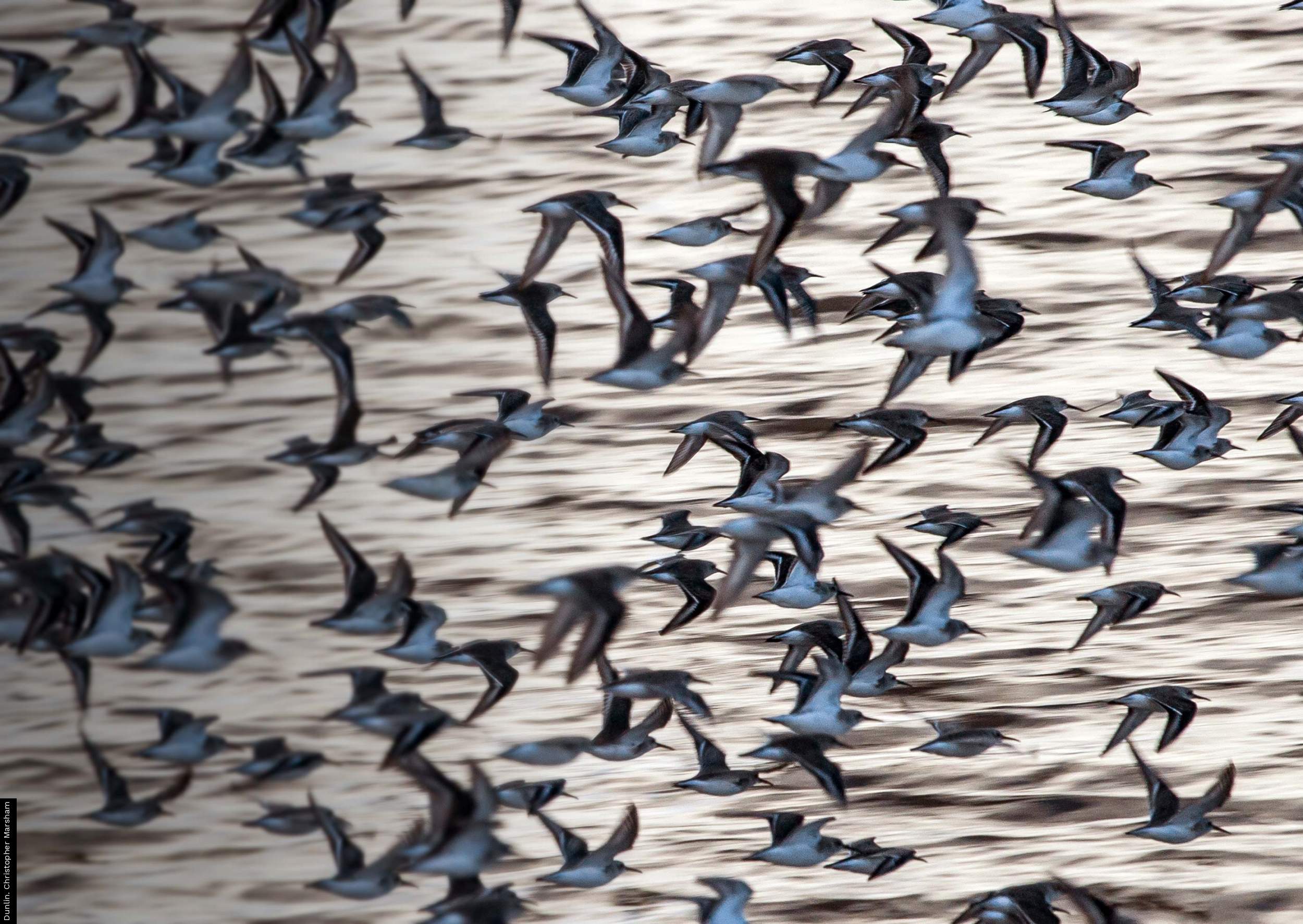He who shall hurt the little Wren, shall never be beloved by men
01 Dec 2013 | No. 2013-57
The Wren is a familiar sight in our gardens but you’d be forgiven for not giving it a second thought, especially when the festive Robin is around. In the past, however, the Wren was the focus of a seasonal hunt and sought out by eager boys and men. These days, the worst Wrens have to face is the cold weather which they are extremely vulnerable to. In order to see how they cope this winter, the British Trust for Ornithology’s (BTO) Garden BirdWatch (GBW) needs your help.
The Wren has been revered since the time of the druids, who regarded it as a sacred bird and a symbol of wisdom and divinity. The bird was protected throughout the year by superstitions, one of which threatened anyone tempted to steal a Wren’s egg with the prospect of their hands shrivelling up.
Despite the veneration surrounding it, in the seventeenth century Wrens became prey in a ritual hunt held once a year. The day and derivation of the custom varied but one origin can be linked to a story in which a Wren betrayed St. Stephen and the resulting custom was to ‘stone’ a Wren to death as a punishment on St. Stephen’s Day (26th December). Once dead, the Wren would be paraded from house to house, with those involved seeking rewards. The custom is still practiced in parts of western Ireland, though these days an effigy is used instead.
Wrens are no longer ritually persecuted by humans but they do still suffer during cold weather, because the insects and spiders on which they feed are in short supply during harsh winters. Wrens also use up a lot of their fat reserves keeping warm during the night, which they spend the next day replenishing. In an attempt to conserve heat, Wrens will gather in communal roosts at dusk, often seeking the comfort of nest boxes or other cavities. The biggest roost ever recorded consisted of 61 Wrens, using a nest box in Norfolk.
Clare Simm, from the BTO’s Garden BirdWatch commented: "Despite its insect-based diet, you can still help your resident Wren survive the winter. During severe weather they will take small seeds, crumbs or finely grated cheese. They may also be attracted by fat-cakes if placed near the ground."
Severe winters can wipe out much of the Wren’s total population. In the winter of 1962/1963, for example, BTO data showed that the Wren population declined by as much as 80%. It then showed a tenfold increase over the next decade, underlining its capacity to ‘bounce back’ thanks to its large clutches and multiple broods.
Clare added: "The information that we gather from BTO Garden BirdWatchers is extremely important, letting us know which birds struggle to cope during the winter. Results from the last few winters show a drop in counts of Wrens, so it will be interesting to see how they fare this winter."
Would you like to help us find out how this winter affects our Wrens? For a free BTO Garden BirdWatch information pack, which includes a copy of our quarterly magazine, email gbw@bto.org, telephone 01842 750050, or write to GBW, BTO, The Nunnery, Thetford, Norfolk, IP24 2PU.
Notes for Editors
- The BTO Garden BirdWatch is the only nationwide survey of garden birds to run weekly throughout the year, providing important information on how birds use gardens, and how this use changes over time. Currently, some 14,500 people take part in the project. The project is funded by participants’ contributions and is the largest year-round survey of garden birds in the world. For more information see www.bto.org/gbw.
- The BTO is the UK's leading bird research charity. A growing membership and up to 60,000 volunteer birdwatchers contribute to the BTO's surveys, collecting information that underpins conservation action in the UK. The BTO maintains a staff of 100 at its offices in Thetford, Stirling, Bangor (Wales) and Bangor (Northern Ireland), who analyse and publicise the results of surveys and projects. The BTO's work is funded by BTO supporters, government, trusts, industry and conservation organisations. www.bto.org
Contact Details
Clare Simm
(GBW Development Officer)
Office: 01842 750050
(9am to 5.30pm)
Email: clare.simm@bto.org
Paul Stancliffe
(BTO Media Manager)
Office: 01842 750050
(9am to 5.30pm)
Mobile: 07585 440910 (anytime)
Email: press@bto.org
Images are available for use alongside this News Release.
Please contact images@bto.org quoting reference 2013-57
The BTO has an ISDN line available for radio interviews.
Please contact us to book an interview
Office: 01842 750050






Share this page